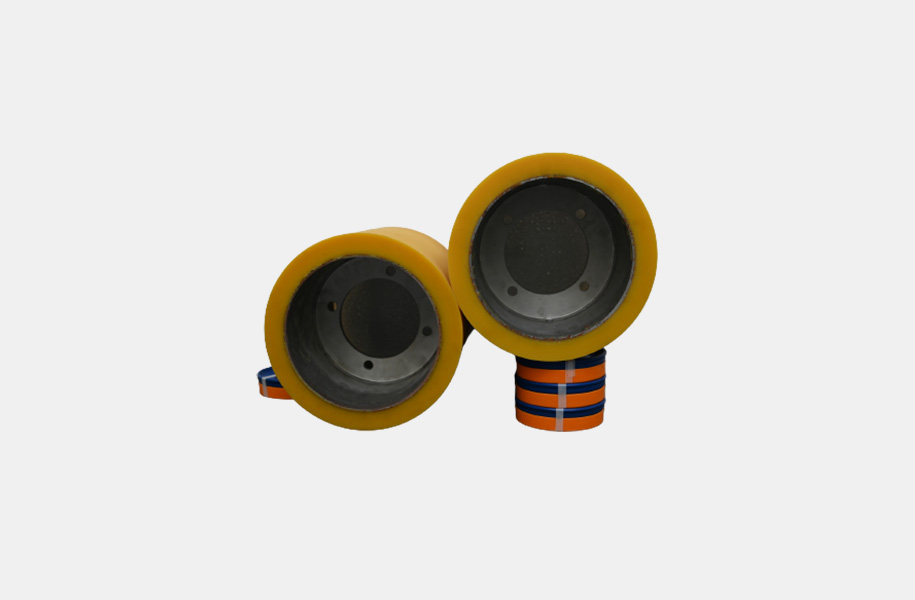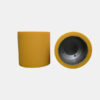- May Edition Black Friday! 35% Off Spare Parts.
- Free carbon neutral shipping on US orders $50+.
Need help? Call us: +91 70037-29565 /+91 86977-49000 or info@royalindika.com
Choosing the Right Rice Roller for Your Milling Needs
Introduction:
Selecting the right rice roller is a critical decision for rice millers. The choice of rice roller directly affects the quality of the final rice product, milling efficiency, and overall operational success. With a wide range of options available in the market, it is essential to understand the key factors to consider when choosing the right rice roller for your milling needs. In this blog, we will discuss important considerations and provide insights to help you make an informed decision.
1. Milling Capacity and Scale:
The milling capacity and scale of your operations play a significant role in determining the type and size of rice roller suitable for your needs. Small-scale mills may require
compact and portable rice roller machines, while large-scale mills may need high-capacity rollers to handle substantial volumes of paddy. Assess your milling requirements, projected growth, and available space to choose a rice roller that aligns with your current and future needs.
2. Milling Process and Rice Varieties:
Different rice varieties have varying milling characteristics and requirements. Some varieties may require gentler treatment during dehusking and polishing, while others may need more aggressive milling actions. Understand the specific milling process and the types of rice you will be processing. This knowledge will help you determine the appropriate roller configuration, roller surface type (rubber or steel), and adjustability features required for optimal results.
3. Quality and Durability:
Investing in a high-quality and durable rice roller is crucial for long-term success. Consider the reputation and track record of the manufacturer or supplier. Look for rice rollers made from robust materials, precision engineering, and superior craftsmanship. Read customer reviews, seek recommendations from industry professionals, and evaluate the warranty and after-sales support offered by the manufacturer.
4. Customization and Flexibility:
Every rice mill has unique requirements and preferences. Look for rice roller machines that offer customization options and flexibility to meet your specific needs. Features like adjustable pressure, speed, and roller configurations can significantly impact the milling results. Additionally, consider the ease of maintenance, cleaning, and accessibility for routine adjustments and replacements.
5. Budget and Return on Investment:
While cost should not be the sole determining factor, it is an important consideration. Set a budget that aligns with your business goals and consider the long-term return on investment. Cheaper alternatives may seem attractive initially, but they may lack durability, efficiency, or the desired quality of milling. Balance your budgetary constraints with the need for reliable and high-performing rice roller machines.
Conclusion:
Choosing the right rice roller is a crucial decision that directly impacts the quality, efficiency, and profitability of rice milling operations. Assess your milling capacity, milling process, rice varieties, and specific requirements to make an informed choice. Prioritize quality, durability, customization options, and consider the long-term return on investment. By selecting the right rice roller, you can optimize your milling operations, enhance the quality of the final rice product, and position your business for success in the competitive rice milling industry.
Royalseals
Contact us
Customer Service
Store Information
- -5% for all order in this week Shop now
- Free delivery for all orders over $200






